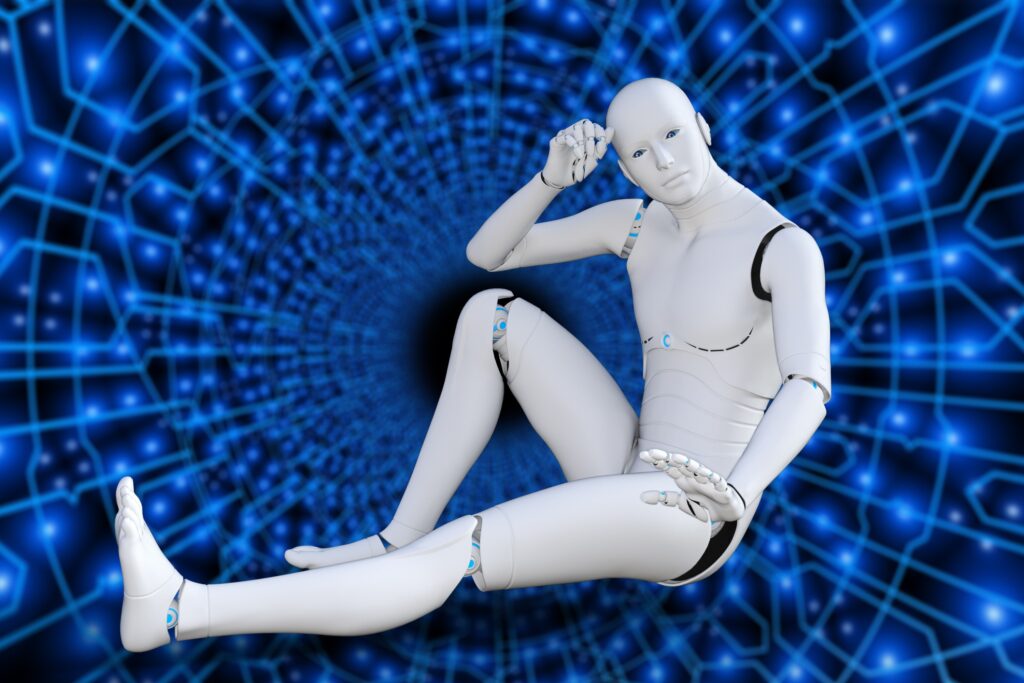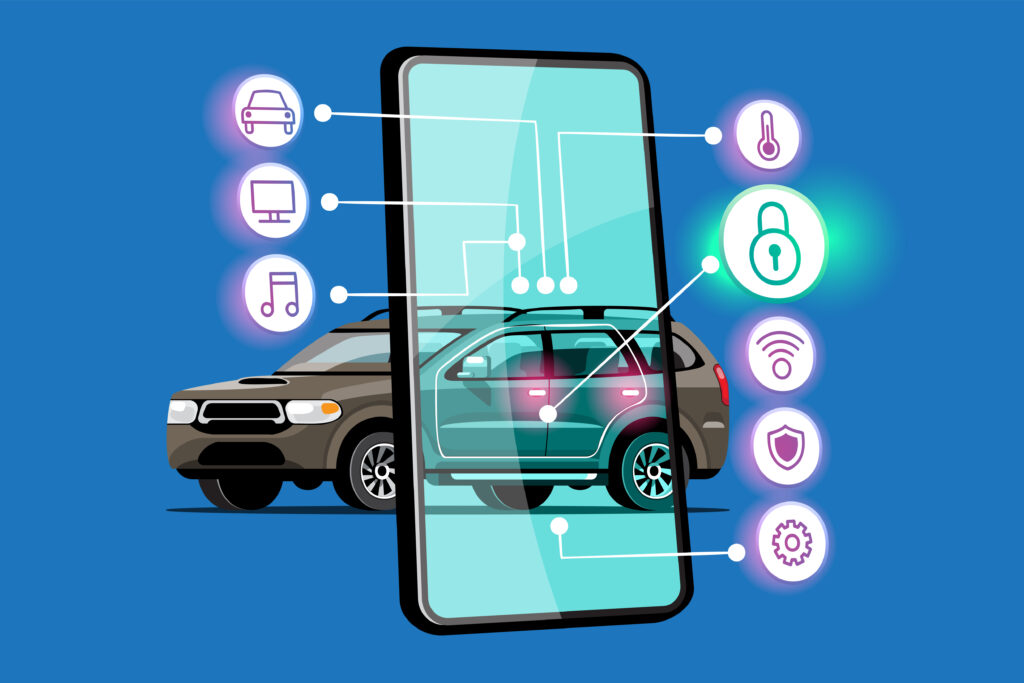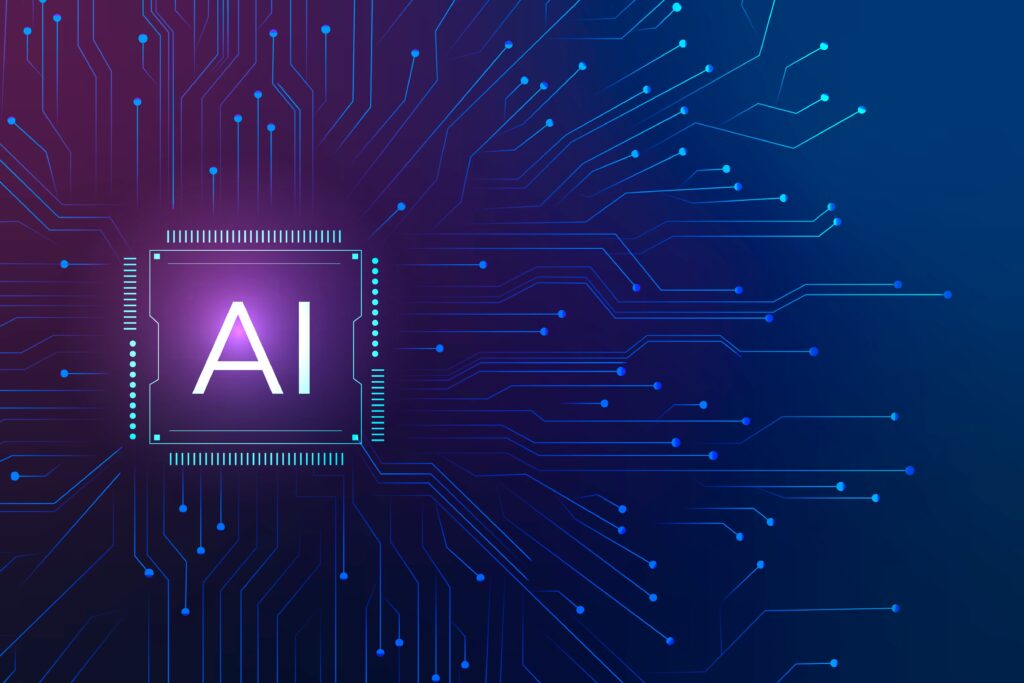In general perceptions, robots are machine models mimicking human looks, designed to replace humans for better work efficiency. While the former is somewhat closer to reality, we doubt the latter. Moreover, robotics encompasses a much broader field of applications spread across numerous industrial as well as social sectors. Robotics as a discipline combined with all of its applications has evolved much since Isaac Asimov, the science fiction author generally credited for coining the term, wrote three laws of robotics back in the 40s. Today robots are extensively employed across sectors ranging from manufacturing to services, from hospitality to healthcare.
This detailed post gives you an in-depth overview of robotics, its applications, and how it’s changing the world we live in.
What is Robotics?
Owing to the versatility of the concepts and the possibility of applications, a univocal definition that could assimilate all of its aspects is rather a tough job. However, a particularly simpler definition, if we cut through the technicalities, is possible, explaining the idea in simple terms. Robotics is a branch of engineering, particularly mechatronics, that deals with the design and development of programmable systems capable of reproducing human actions to perform specific tasks.
Robotics is a science that embraces different disciplines and deals with the design, programming, and development of robots. It assimilates engineering, computer programming, psychology, automation Testing, mechanics, and biology to develop machines that can mimic human actions and perform tasks keeping human intervention to the minimum.
Key aspects of robotics include
Mechanical Components: Robots are made up of mechanical parts, sensors, actuators, and controllers that allow them to interact with the environment.
Autonomy: Robots can operate autonomously or semi-autonomously, depending on their design and purpose.
Sensory perception: Modern robots use a variety of sensors, such as cameras, lidar, and touch sensors, to perceive their surroundings.
The interdisciplinarity of robotics is rather fascinating and is primarily dictated by the need to involve multiple sectoral knowledge in making robots efficient enough to independently interact with the environment and perform actions without assistance.
Why Robotics?
Robotics stems from the innate human desire to create things capable of interacting, expressing, and above all, mimicking human actions. Besides the philosophical implications, robotics have profoundly impacted our technology-driven world. Robots, originally designed to perform mundane tasks and employed in industrial sectors like car manufacturing, are now conducting diverse functions. From fighting fires to performing complex surgeries and assisting in home cleaning, robots find applications in almost every walk of life. Besides, robots are gaining enhanced mechanical and intellectual capabilities thanks to advancements in technology and artificial intelligence and are becoming adept at performing highly complex tasks. Technological advances are expanding the scope of robotics and opening new arenas for robots to show off their capabilities.
Learn more about artificial intelligence (AI)
AI refers to the creation of computer systems capable of performing tasks that traditionally require human intelligence. Many strategies are mentioned, such as AI systems using machine learning to study and gain knowledge from data to make model-based predictions and judgments. NLP stands for Natural Language Processing, which allows AI systems to understand, analyze, and generate human language. They use chatbots, translation software, and other systems. Machines can “see” and understand the world through computer vision, in which AI algorithms process and interpret visual data.
Robotics: The Future
It’s safe to predict, considering the present-day permeability of robotics in everyday life, that the influence of these machines will only go upward in the future. With the advancement in AI and Automation Testing, we are bound to witness highly intelligent and extremely adept robots capable of performing complex tasks. In the foreseeable future, robots will find more prominent roles in almost every major sector. Although in a nascent state, robotics has all the potential that only a few years ago was only in the realm of science fiction.
The integration of AI in robotics will continue to grow, leading to machines that are not only smarter but also more efficient, adaptable, and useful in a variety of applications. The collaboration of these two technologies has the potential to solve complex problems, increase efficiency, and open up new possibilities in many different fields, thereby making the world a smarter and more efficient place. more effective.
In short, the synergy between robotics and AI is at the forefront of technological advancements, reshaping industries and changing the way we live and work. As these technologies continue to develop, they will create a more connected, more efficient, and smarter world, ushering in an era of unprecedented innovation and progress.
Future Directions
Soft Robotics: Developments in this field are opening up new possibilities for flexible and adaptive robots, which will increase their use in settings such as intricate surgical procedures and challenging locations.
Swarm Robotics: This field of study aims to replicate the cooperative behavior of natural swarms by studying how to coordinate the actions of several robots.
Conclusion
Robotics is becoming a disruptive force in the fast evolving field of technology, changing industries and expanding human capabilities in ways that were not possible a few years ago. Robotics technology is dramatically changing several industries, including manufacturing, healthcare, exploration, and daily living.
Robotics technology is more than simply a tool; it’s a revolutionary force that is still defining our future and shaping our present. Robots are extending the bounds of what is conceivable, from the operating room to the factory floor and from the expanse of space to the ocean’s depths. Science fiction’s once-fantastical notions of a physical reality are expected to become a reality as technology advances and new industries such as robotics and artificial intelligence work together to unlock new powers. The development of robotics technology is a voyage into a future in which humans and robots work together harmoniously to advance society into previously unimaginable frontiers of creativity and advancement.



